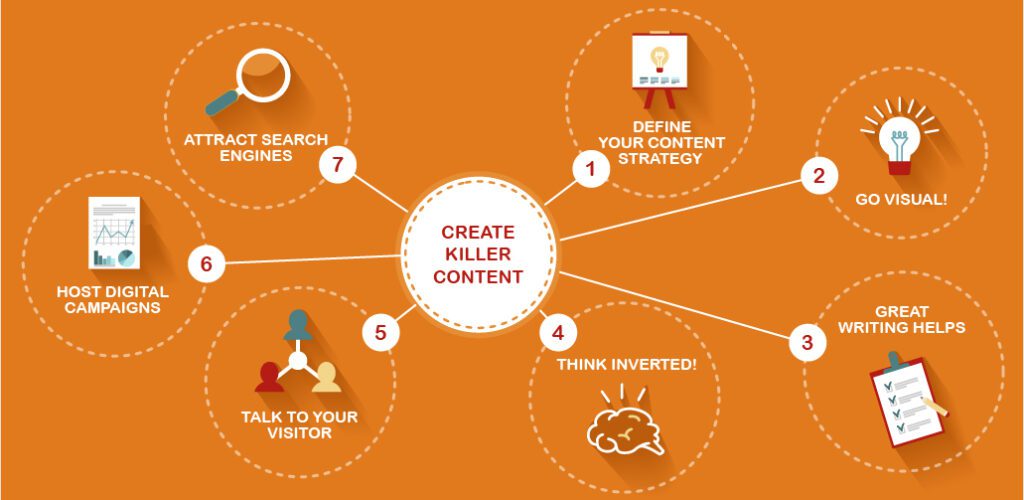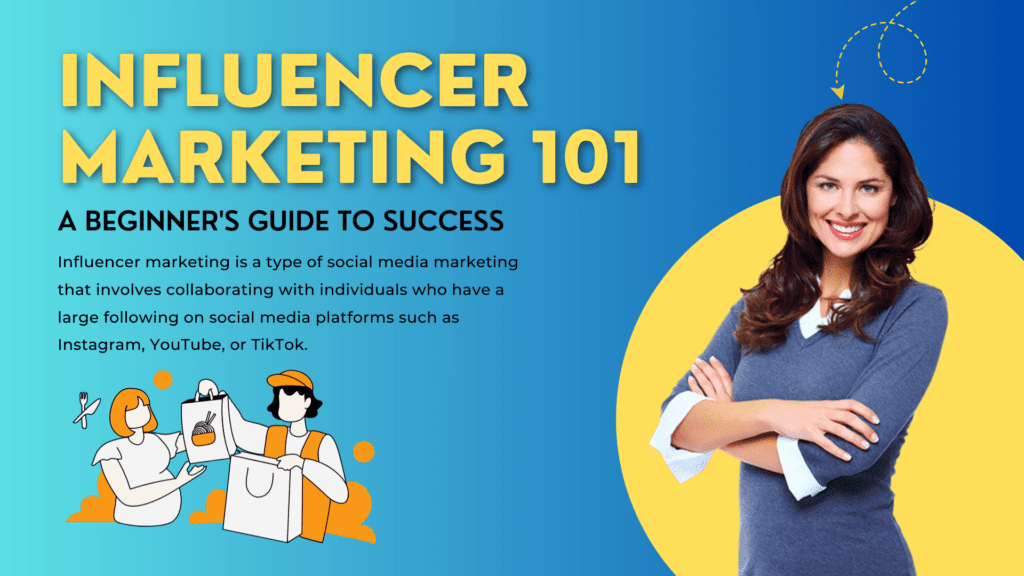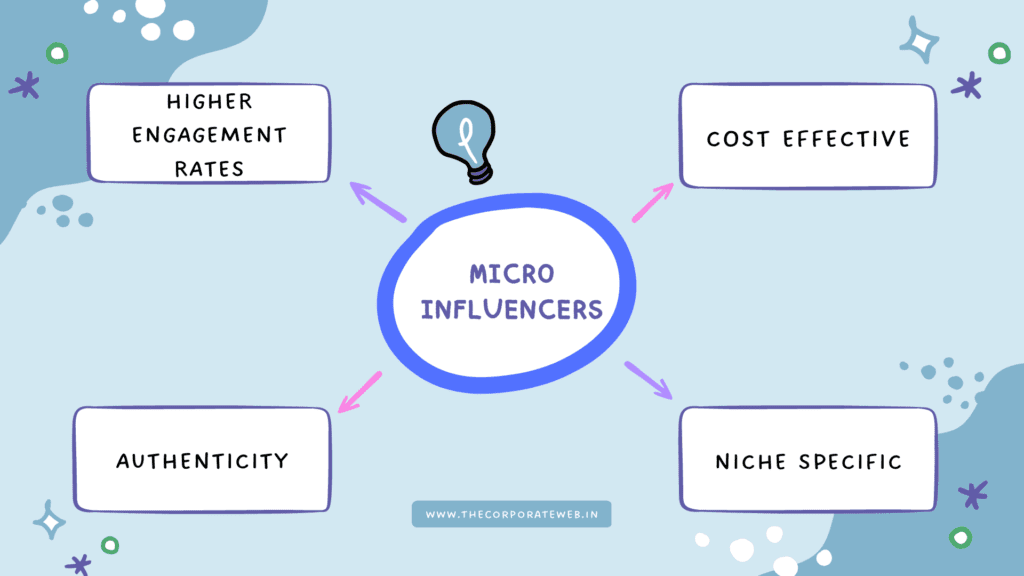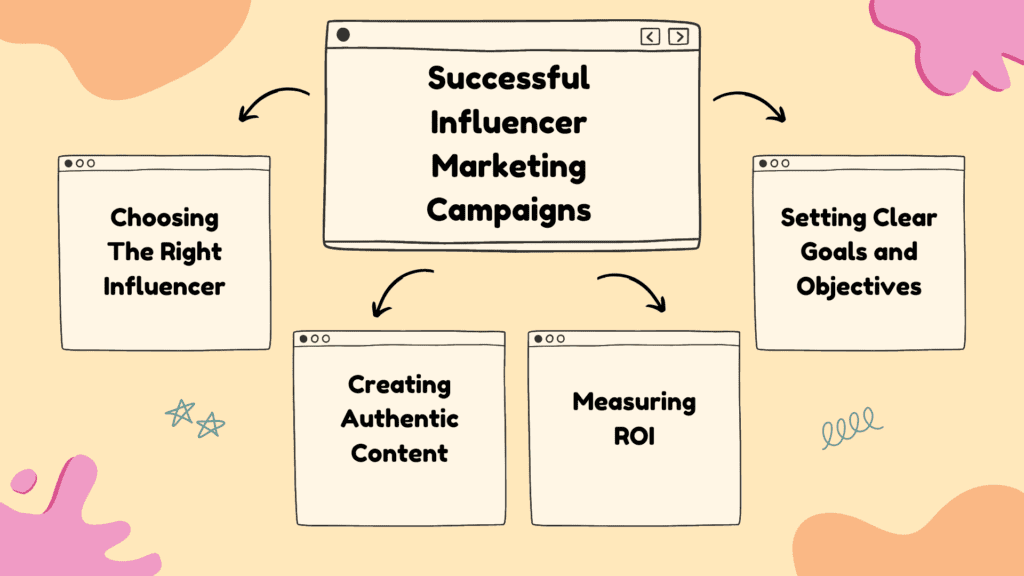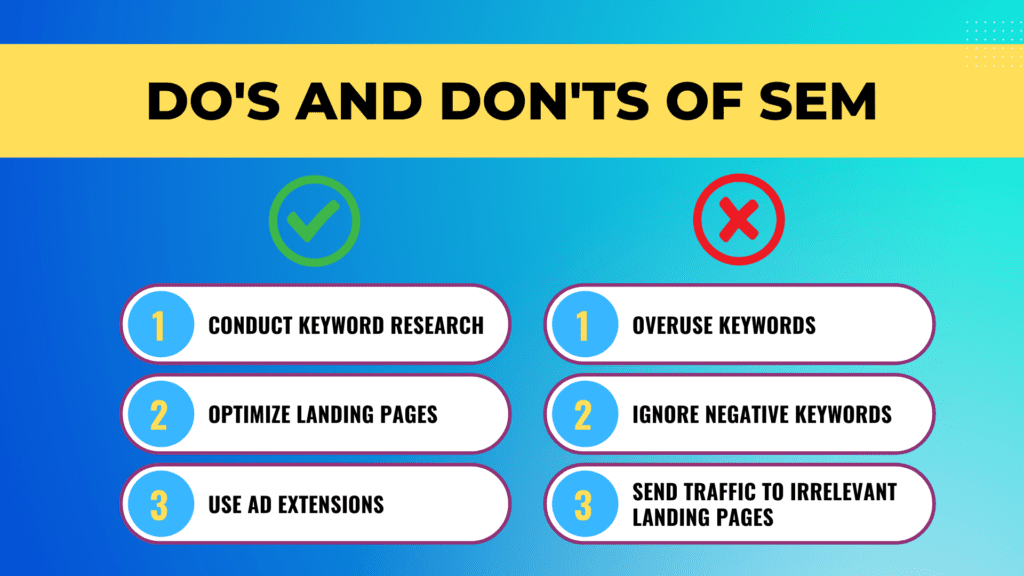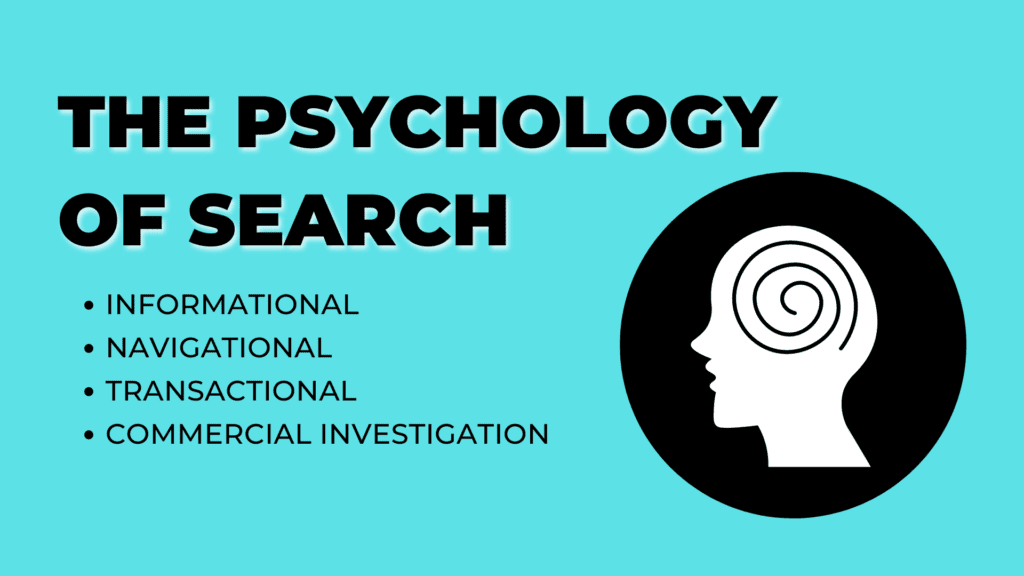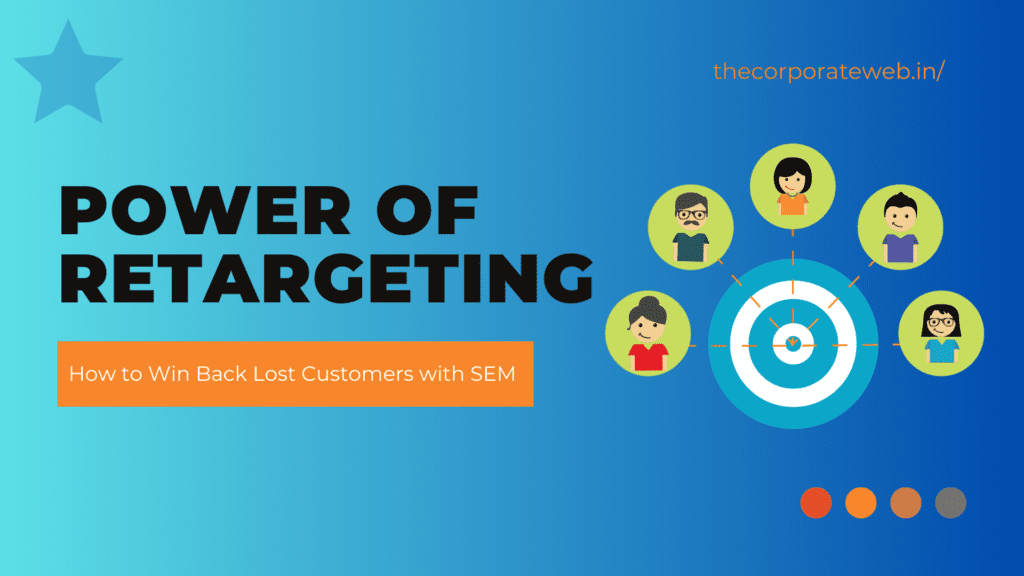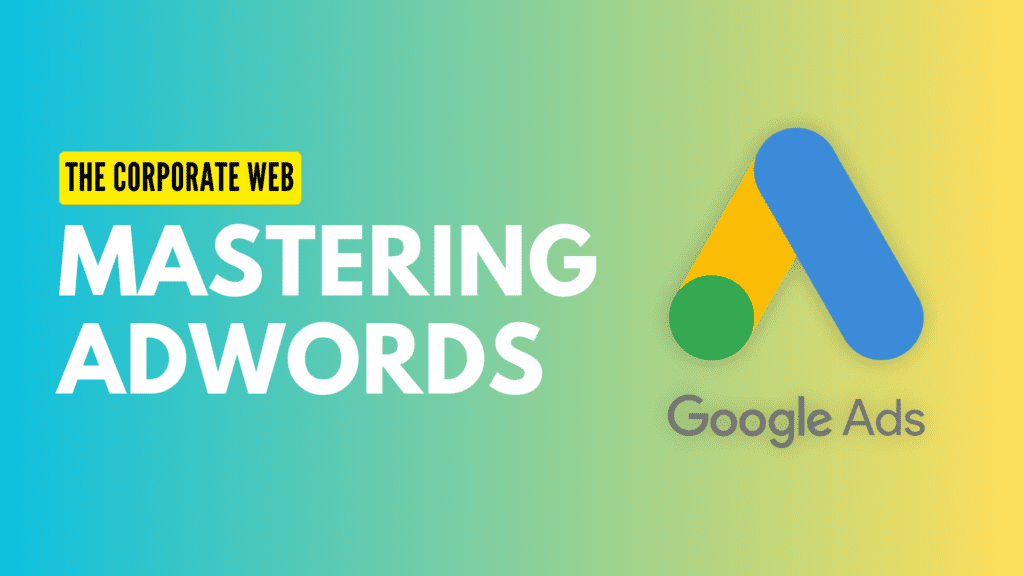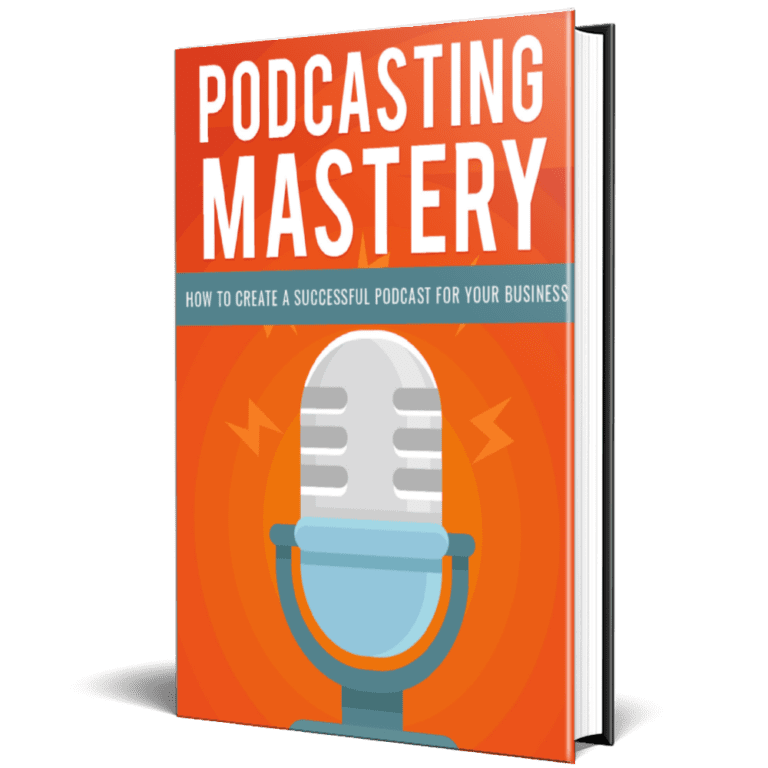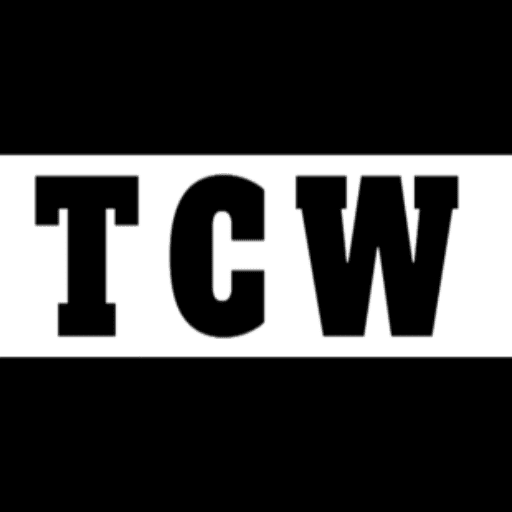As more and more businesses move online, content marketing has become an increasingly important part of digital marketing strategies. By creating valuable, informative, and engaging content, businesses can attract and retain customers, establish themselves as industry leaders, and drive traffic to their websites.
However, creating a successful content marketing strategy can be a daunting task. In this blog post, we’ll outline the key steps to creating a winning content marketing strategy for your business.
Step 1: Define Your Audience and Goals
The first step in creating a content marketing strategy is to define your target audience and goals. Who are you trying to reach with your content, and what do you want them to do as a result of engaging with your content?
Your goals may include increasing website traffic, generating leads, building brand awareness, or driving sales. Once you’ve defined your target audience and goals, you can tailor your content to their interests and needs.
Step 2: Conduct Keyword Research
Keyword research is a crucial part of content marketing. By identifying the keywords and phrases that your target audience is searching for, you can create content that is optimized for search engines and more likely to be found by potential customers. Tools like Google Keyword Planner and SEMrush can help you identify high-volume, low-competition keywords that you can target in your content.
Step 3: Develop a Content Plan
Once you have a clear understanding of your audience, goals, and keywords, it’s time to develop a content plan. This plan should include a schedule of when and where you’ll publish your content, as well as the types of content you’ll create (such as blog posts, videos, infographics, or social media posts). It’s important to create a variety of content types to appeal to different learning styles and preferences.
Step 4: Create and Optimize Your Content
Now it’s time to create your content! When creating your content, keep your target audience, goals, and keywords in mind. Your content should be informative, engaging, and shareable. You should also optimize your content for search engines by including your target keywords in your headlines, subheadings, and throughout your content.
Step 5: Promote Your Content
Creating great content is only half the battle. You also need to promote your content to ensure that it reaches your target audience. Share your content on social media, include it in email newsletters, and consider paid advertising to boost its reach. You can also reach out to influencers in your industry and ask them to share your content with their followers.
Step 6: Measure and Adjust Your Strategy
Finally, it’s important to measure the success of your content marketing strategy and adjust it as needed. Use tools like Google Analytics and social media analytics to track the performance of your content, and adjust your strategy based on what’s working and what’s not. You may need to tweak your content plan, adjust your target audience, or change your goals based on your results.
Conclusion:
A winning content marketing strategy requires a clear understanding of your audience and goals, keyword research, a content plan, content creation and optimization, promotion, and ongoing measurement and adjustment. By following these steps, you can create a successful content marketing strategy that drives traffic, generates leads, and builds your brand.
Read More: The Ultimate Guide To Social Media Advertising For Small Businesses
Some FAQs Related To Content Marketing Strategy
What is content marketing?
Content marketing is a marketing strategy that involves creating and sharing valuable, informative, and engaging content to attract and retain a target audience, establish a brand’s authority, and drive profitable customer action.
Why is content marketing important for businesses?
Content marketing is important for businesses because it can help attract and retain customers, establish a brand’s authority and credibility, and drive traffic, leads, and sales.
How do I define my target audience and goals for my content marketing strategy?
To define your target audience and goals, you should consider factors such as your product or service, your industry, your ideal customer, their demographics, interests, needs, and pain points, and what you want them to do as a result of engaging with your content.
What is keyword research and how do I conduct it?
Keyword research is the process of identifying the keywords and phrases that your target audience is searching for. To conduct keyword research, you can use tools such as Google Keyword Planner and SEMrush to identify high-volume, low-competition keywords that you can target in your content.
How do I develop a content plan?
To develop a content plan, you should consider factors such as your goals, target audience, keywords, types of content you’ll create, and a schedule for publishing and promoting your content.
How do I optimize my content for search engines?
To optimize your content for search engines, you should include your target keywords in your headlines, subheadings, and throughout your content. You should also ensure that your content is informative, engaging, and shareable.
How do I measure the success of my content marketing strategy?
To measure the success of your content marketing strategy, you can use tools such as Google Analytics and social media analytics to track the performance of your content. You can then adjust your strategy based on what’s working and what’s not.
Read More: Content Marketing Strategy: The Best Checklists and Templates
